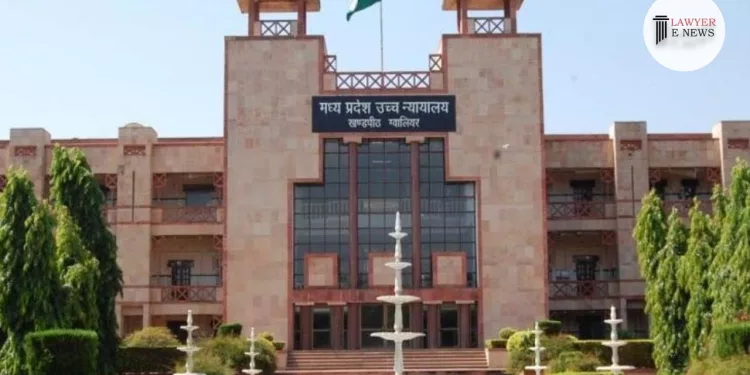Rejection of Plaint at Preliminary Stage Is Justified When Barred by Law, Even Without Defendant’s Intervention: High Court of Madhya Pradesh

In a critical ruling, the High Court of Madhya Pradesh overturned the trial court’s decision, reinforcing the principle that a plaint can be rejected at the preliminary stage if it is barred by any law, such as res judicata or limitation, without the need for detailed evidence or the defendant’s intervention.
Facts and Issues:
The revision petition was brought by Kishore Prajapati against respondents Girish Pathak and others after the trial court refused to dismiss a suit for specific performance regarding a land sale agreement. The petitioner argued that the suit was barred by res judicata and did not meet the limitation requirements, which the trial court initially overlooked.
Detailed Court Assessment:
Res Judicata and Maintainability:
Analysis centered on whether the earlier dismissal of suits for injunction that did not involve the specific performance claim raised in the current suit precluded this suit under Order 2 Rule 2 CPC and Order 7 Rule 11 CPC. The court found that the earlier suits were not covering the grounds of specific performance, thus, not barring the current suit.
Limitation:
The court emphasized the importance of adhering to statutory limitation periods, noting that the agreement clearly marked time as essential and the suit for specific performance was filed well beyond the permissible time frame under Article 54 of the Indian Limitation Act.
Legal Precedents:
The decision heavily cited previous rulings such as Dahiben v. Arvindbhai Kalyanji Bhanusali, which clarify the conditions under which a plaint can be outrightly rejected at the preliminary stage without proceeding to full trial.
Decision: The High Court allowed the revision, set aside the trial court’s ruling, and ordered the rejection of the plaint as it was conclusively barred by limitation and res judicata. The judgment underscores the judicial efficiency in curbing unnecessary litigation by addressing legal flaws at the earliest possible stage.
Date of Decision: April 24, 2024
Kishore Prajapati Versus Girish Pathak and Others






